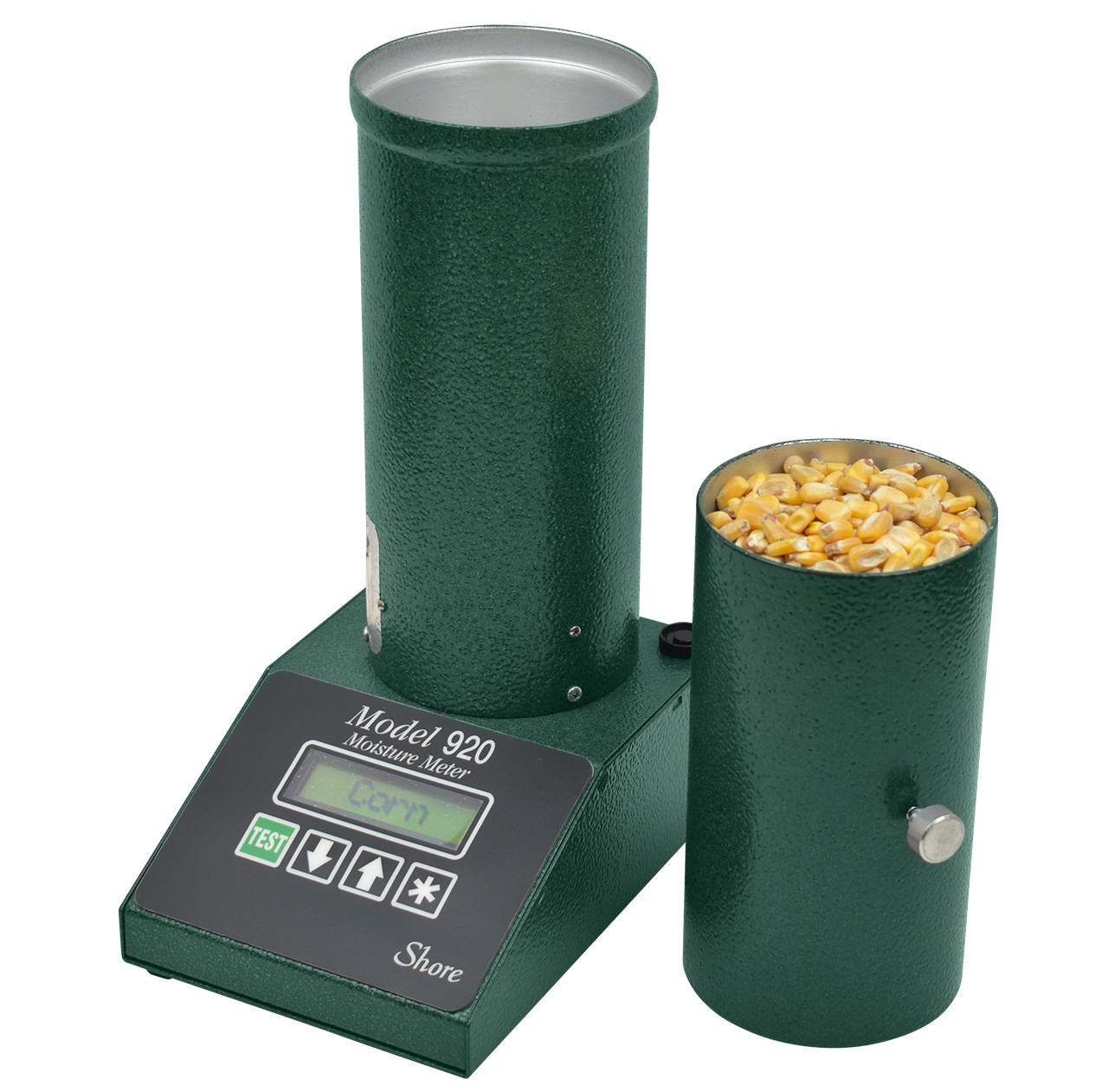Moisture Meter Purchasing Overview: What to Look for in High-Quality Instruments
Moisture Meter Purchasing Overview: What to Look for in High-Quality Instruments
Blog Article
The Ultimate Overview to Dampness Meters: A Comprehensive Introduction and How They Can Save You Cash
In the world of building upkeep, building and construction, and numerous markets, the value of accurately gauging dampness levels can not be overemphasized. Wetness meters work as indispensable devices in finding and keeping an eye on moisture web content in materials, assisting in avoiding costly problems and ensuring the quality of items. Understanding the subtleties of different kinds of moisture meters, their applications, and the prospective cost-saving benefits they use can be a game-changer for professionals and services alike. Discovering exactly how these devices can not only simplify processes however additionally contribute to economic savings is a journey worth starting.
Sorts Of Moisture Meters
One typical kind is the pin-type wetness meter, which gauges the electric resistance in between 2 pins put into a product. Pinless dampness meters, on the other hand, use electromagnetic sensor plates to check a bigger location without triggering damage to the material's surface area.

Infrared dampness meters measure the thermal buildings of a material to establish its moisture material non-invasively, making them valuable for applications where pin or pinless meters might not be appropriate. Recognizing the different types of dampness meters readily available can help markets pick the most appropriate tool for their details moisture dimension demands.

Benefits of Using Dampness Meters
Moisture meters offer important advantages in properly examining and keeping an eye on moisture levels in varied products and atmospheres. One of the primary advantages of making use of wetness meters is the prevention of potential damages triggered by excess moisture.
Furthermore, making use of wetness meters can result in increased power effectiveness. By identifying locations with high wetness levels, such as leakages or bad insulation, adjustments can be made to boost energy conservation and lower utility costs. In farming setups, moisture meters play a crucial duty in enhancing crop returns by enabling farmers to check soil dampness levels and make informed watering decisions. On the whole, the advantages of using dampness meters cover across various sectors, supplying affordable services and advertising much better quality control methods.
How to Select the Right Dampness Meter
Selecting the appropriate wetness meter includes considering essential aspects such as product compatibility, measurement variety, and calibration precision. When picking a moisture meter, it's vital to ensure that the meter is suitable for the certain product you will certainly be screening. Different materials have varying electrical residential or commercial properties that can impact dampness readings, so choosing a meter made for your product is essential for precise outcomes. In addition, take into consideration the measurement series of the dampness meter. Make certain that the meter can find moisture levels within the range required for your applications. Calibration accuracy is another crucial element to bear in mind. Go with a wetness meter with trusted calibration to make certain specific and regular analyses. Some meters might need regular calibration modifications, so comprehending the calibration process is necessary. By carefully evaluating these factors, you can choose a moisture meter that fulfills your demands and supplies precise wetness dimensions for your jobs.
Proper Strategies for Wetness Meter Usage

Expense Financial Savings Via Moisture Meter Applications
Exactly how can the tactical application of wetness meters lead to significant price savings throughout different sectors? In the farming industry, wetness meters help in figuring out the optimal time for gathering crops, stopping over-drying or excess dampness that can impact the last item's high quality.
In a similar way, in building, dampness meters assist prevent expensive problems by discovering moisture degrees in building products, such as timber or concrete, which can result in architectural issues if not resolved quickly. By determining trouble areas early, professionals can take rehabilitative measures to avoid substantial repairs or replacements, eventually conserving time and money.
Additionally, in the food handling sector, moisture meters are important for keeping an eye on item quality and making sure conformity with safety and security regulations. By precisely gauging dampness content in food, makers can stop perishing, maintain freshness, and reduce waste, leading to considerable price financial savings. On the whole, the strategic application of moisture meters is an important investment that can result in considerable price decreases and boosted performance throughout different markets.
Verdict
To conclude, dampness meters are valuable tools for determining and identifying moisture levels in different products. By using the ideal dampness meter and adhering to appropriate methods, individuals can efficiently stop expensive damages brought on by excess moisture. Buying a top quality moisture meter can bring about substantial price financial savings in the future by determining prospective concerns early and enabling prompt removal. Ultimately, dampness meters are necessary instruments for preserving the stability and long life of products and frameworks.
Wetness meters offer as vital tools in finding and keeping track of moisture web content in materials, helping in preventing expensive problems and making sure the high quality of click here for more items. Infrared moisture meters determine the thermal homes of a product to determine its wetness material non-invasively, making them valuable for applications where pin or pinless meters may not be appropriate.Dampness meters offer indispensable benefits in properly checking and assessing wetness degrees in varied products and environments. In agricultural settings, wetness meters play a Find Out More vital duty in optimizing crop yields by allowing farmers to keep an eye on dirt dampness degrees and make educated irrigation decisions.In final thought, dampness meters are beneficial devices for determining and identifying moisture levels in different products.
Report this page